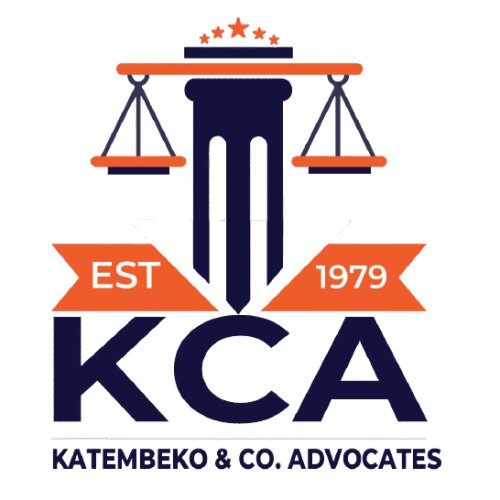Best Agriculture Lawyers in Kampala
Share your needs with us, get contacted by law firms.
Free. Takes 2 min.
List of the best lawyers in Kampala, Uganda
About Agriculture Law in Kampala, Uganda
The domain of agriculture law in Kampala, capital of Uganda, mainly deals with issues pertaining to land use, farming practices, food production, and environmental concerns connected to agriculture. These laws are set by the Uganda Ministry of Agriculture, Animal Industry and Fisheries (MAAIF) and are administered at the local level by the Kampala Capital City Authority (KCCA). The agriculture sector plays a substantial role in the country's economy, thus it is governed by clear regulations in order to encourage sustainability and fair practices.
Why You May Need a Lawyer
Individuals may need an agriculture lawyer to help with various situations. This may include dispute resolution pertaining to land use or land ownership. Navigating the vast realm of regulations pertaining to agricultural practices and food production is another area where legal assistance may be required. Additionally, with the advent of environmental laws impacting farming, legal help is often sought for ensuring compliance. Other instances may include drafting and negotiating agricultural leases, or dealing with employment-related issues on farms.
Local Laws Overview
The key aspects of local laws related to agriculture in Kampala focus on land use, crop cultivation, pesticide usage, water management, and animal husbandry. The ordinances cover allocation of agricultural land, the types of crops that can be cultivated, the use of organic and inorganic farming practices, usage of water sources and water rights, as well as rights and responsibilities of land and animal owners. Additionally, regulations also lay down the guidelines for pollution control, waste disposal, and environmental sustainability in the agriculture sector.
Frequently Asked Questions
What qualifies as agricultural land in Kampala, Uganda?
Agricultural land applies to any parcel of land which is principally used for, or intended to be used for, farming, cultivation of crops, rearing of livestock, or any other related agricultural activities.
Can I cultivate any type of crop in my farmland?
Yes, but it is subject to the agricultural laws and regulations laid down by MAAIF and the local authorities, which might restrict cultivation of certain crop types depending on environmental factors and sustainability concerns.
What are the laws related to pesticide usage?
Pesticide usage in Kampala is heavily controlled, with allowances made primarily for the ones that are deemed safe for human health and the environment. You may need to check the MAAIF's approved list of pesticides and their corresponding species.
Do agriculture laws in Kampala cover farm employees' rights?
Yes, labor laws in Uganda cover all sectors including agriculture. This includes regulations concerning working hours, safety, health standards, and remuneration.
Are there specific laws in place for organic farming?
Yes, organic farming is specifically addressed within the agricultural regulations of Kampala. These laws cover everything from soil health, to the types of organic products used, and how such farms should be operated.
Additional Resources
The principal source of information and support is the Uganda Ministry of Agriculture, Animal Industry, and Fisheries (MAAIF). Additionally, local authorities like the Kampala Capital City Authority (KCCA) also provide resources and guidance relevant to agricultural laws. There are also numerous non-governmental organizations (NGOs) working with farmers that can provide practical advice and support.
Next Steps
If you require legal assistance in agriculture, you should consult with a legal professional with expertise in this area. This could be privately hired or consulted through various farmer organizations. Preparing all the relevant documents and having a clear understanding of your issue will make the process smoother. Lastly, continually educating yourself about the changes in agriculture law is crucial as it can greatly impact your agricultural practices.
Lawzana helps you find the best lawyers and law firms in Kampala through a curated and pre-screened list of qualified legal professionals. Our platform offers rankings and detailed profiles of attorneys and law firms, allowing you to compare based on practice areas, including Agriculture, experience, and client feedback.
Each profile includes a description of the firm's areas of practice, client reviews, team members and partners, year of establishment, spoken languages, office locations, contact information, social media presence, and any published articles or resources. Most firms on our platform speak English and are experienced in both local and international legal matters.
Get a quote from top-rated law firms in Kampala, Uganda — quickly, securely, and without unnecessary hassle.
Disclaimer:
The information provided on this page is for general informational purposes only and does not constitute legal advice. While we strive to ensure the accuracy and relevance of the content, legal information may change over time, and interpretations of the law can vary. You should always consult with a qualified legal professional for advice specific to your situation.
We disclaim all liability for actions taken or not taken based on the content of this page. If you believe any information is incorrect or outdated, please contact us, and we will review and update it where appropriate.














